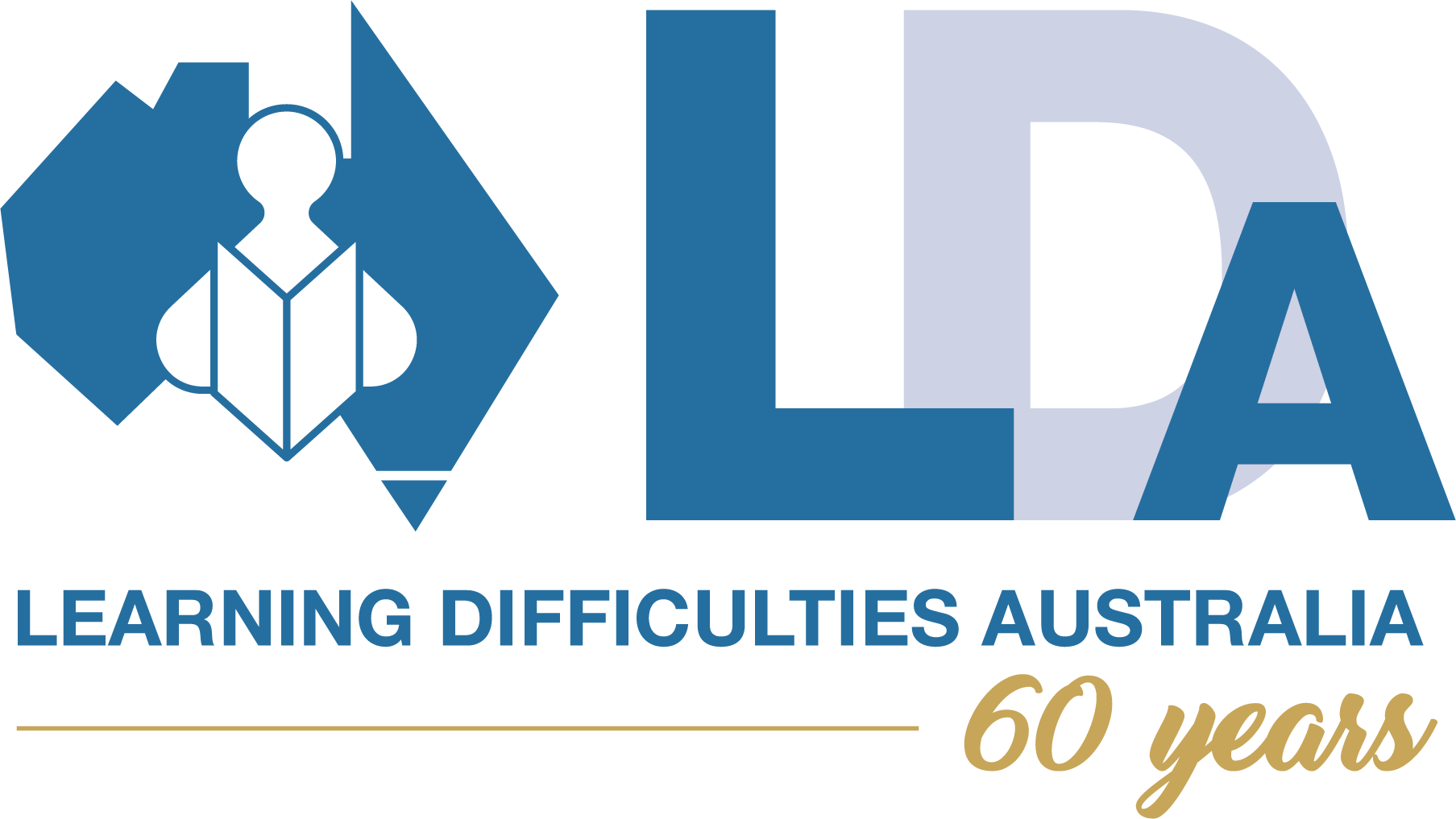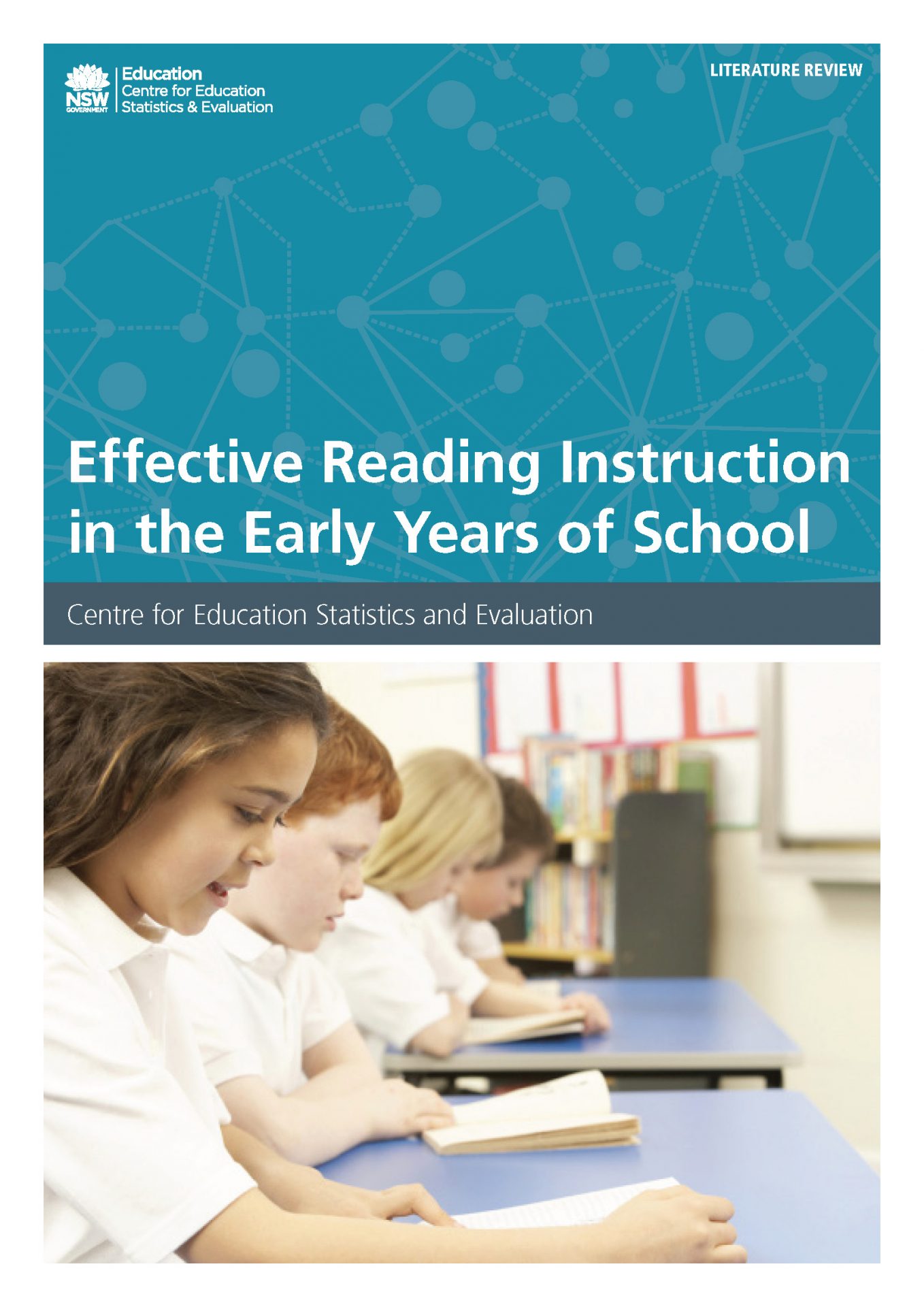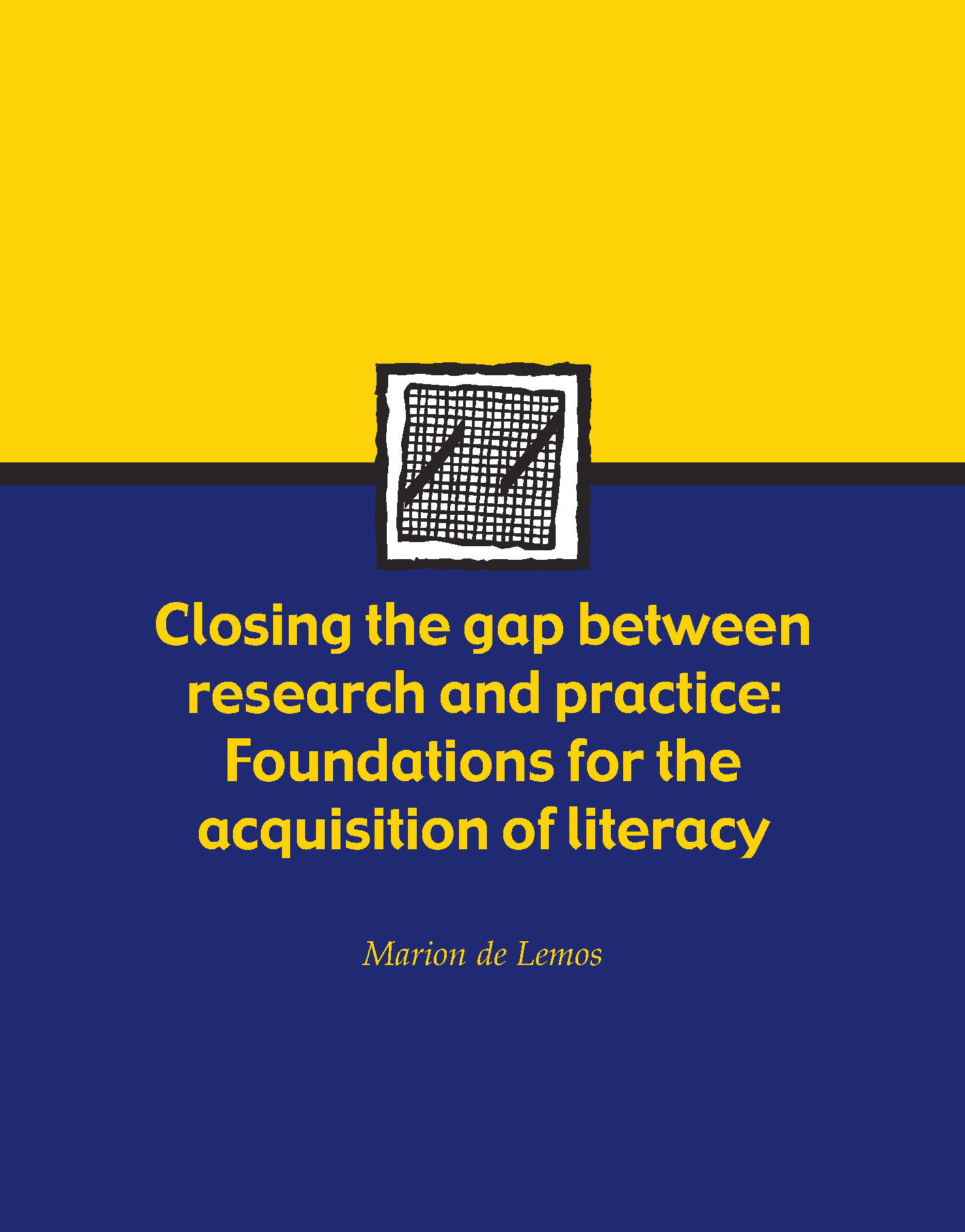Reading is a foundational, yet complex cognitive skill upon which other skills are built. Early success in reading is a powerful...
Reading is a foundational, yet complex cognitive skill upon which other skills are built. Early success in reading is a powerful predictor of later achievement in a range of other academic areas. Individuals without literacy skills are at risk of being unable to...
Reading is a foundational, yet complex cognitive skill upon which other skills are built. Early success in reading is a powerful predictor of later achievement in a range of other academic areas. Individuals without literacy skills are at risk of being unable to participate in the workforce or engage fully in civic and social life.
Since 2000, there have been major reviews of the teaching of reading in Australia, the United Kingdom and the United States. These reviews, along with other research, have consistently identified five key components of effective reading programs: phonemic awareness, phonics, fluency, vocabulary and comprehension. The CESE literature review ‘Effective reading instruction in the early years of school’ summarises this research and concludes that, to be most successful, the five key components must be taught explicitly, sequentially and systematically.
The evidence identifies five key components of effective reading programs:
Phonemic awarenessThe ability to hear the sounds in spoken words and understand that words are made up of sequences of sounds.
PhonicsPhonics instruction connects phonemes with written letters so that the reader can transfer knowledge of sounds to the printed word. Synthetic phonics’ is the approach with the most robust evidence base.
FluencyThe ability to read quickly and naturally with accuracy and expression. Fluency contains the skill of automaticity which allows a reader to recognise words quickly.
VocabularyWhen children ‘sound out’ a word, their brain connects the pronunciation of a sequence of sounds to a word in their vocabulary to find a logical match. If a match is not created because the word they are reading is not in their vocabulary, comprehension is interrupted.
ComprehensionThe understanding and interpretation of what is read. Comprehension requires having a sufficient vocabulary.



